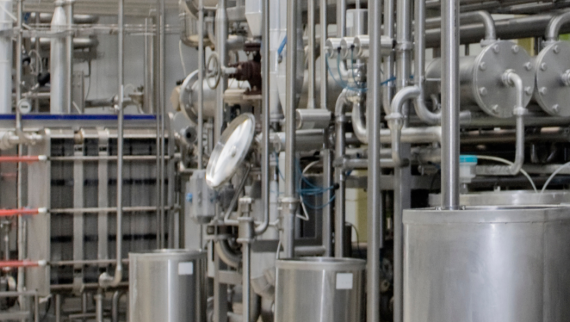
ControlAR: Model-based process engineering to CONTROL Antimicrobial Resistance for the food industry 4.0
Description
The principles behind the food industry 4.0 are critical to controlling antimicrobial resistance while adapting the industrial processes to consumers' demands of minimally processed foods and natural antimicrobials. There are three main necessities for the food industry 4.0 in this context: Reliable, fast and automatic estimations of bacterial concentrations, growth rates, and the level of antimicrobial resistance considering that, unfortunately, the standard methods are difficult to automate and too slow for designing real-time methodologies. Predictive models of antimicrobial resistance capable to interpret available measurements and predict their behaviour. New process engineering methodologies to (1) identify the model with the best predictive capabilities, (2) infer and predict relevant information from models and measurements and (3) optimise antimicrobial profiles. The project aims to develop a protocol that integrates monitoring, modelling and optimisation in real-time: The monitoring will combine measurements from two devices nowadays affordable for the industry: (1) flow cytometry that provides relevant population statistics and (2) an automated continuous-culture device to determine the response of the bacterial population under dynamically antimicrobial stress (morbidostat). The modelling will identify predictive mechanistic models at different levels. The control algorithm will optimise indexes related with consumers' demands or industry expenses while maintaining safer levels of spoilage and pathogenic bacteria. Some relevant indexes may be the maximisation of food nutrients or organoleptic properties (food quality) or the minimisation of antimicrobial volumes or other resources required for the final product.





